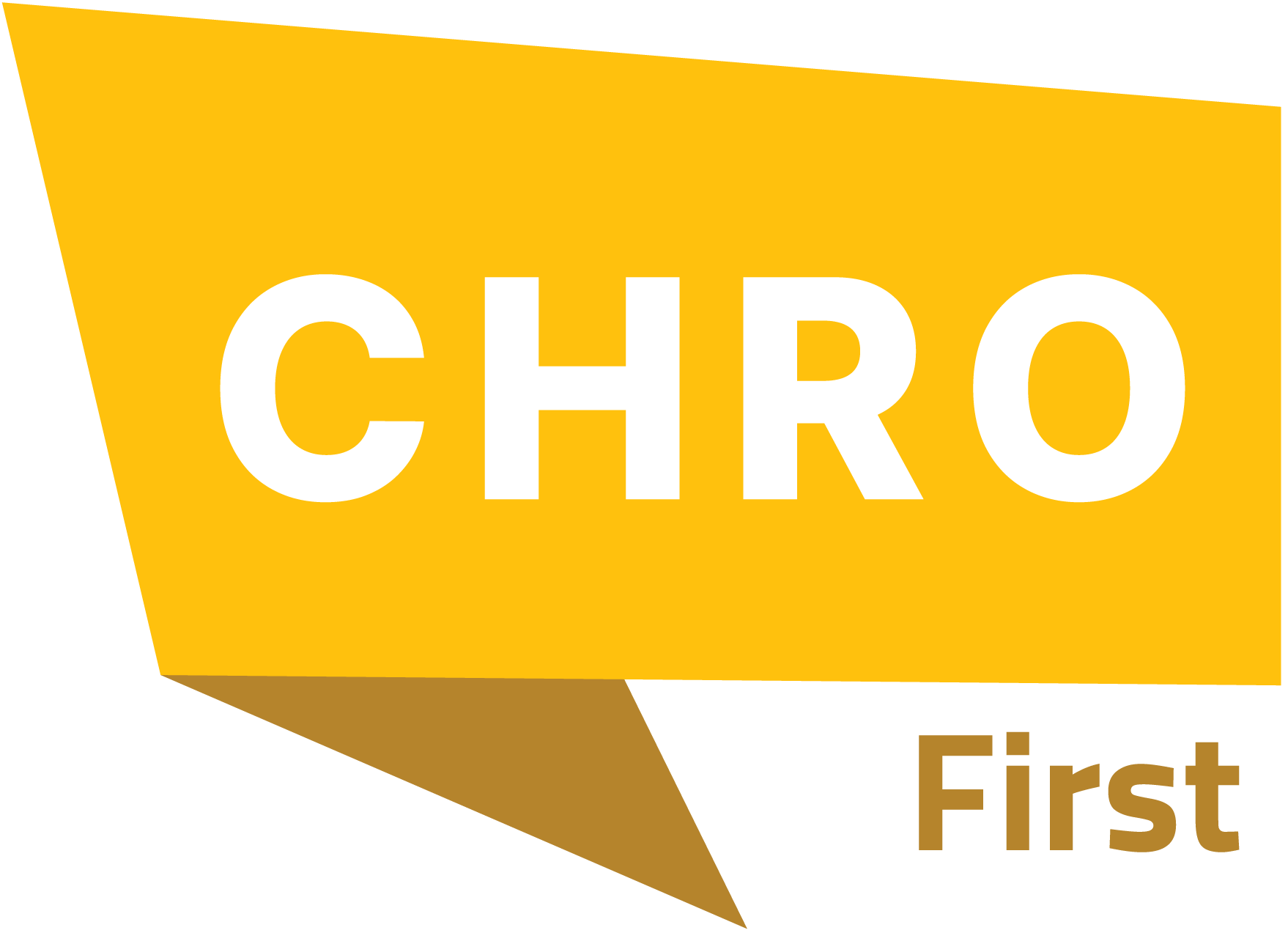Tandym Group unveiled a strategic alliance with ServiceNow to create, certify and deploy experts in ServiceNow technologies. The alliance is intended to fill the growing gap in digital-workflow platforms and give companies an instant pipeline of certified talent to propel their digital transformation strategies.
What the Partnership Entails
As part of the agreement, Tandym will become an elite group of workforce-development partners who are licensed by ServiceNow to prepare candidates, mentor them through certification, offer project skills experience, and facilitate placement with ServiceNow partners and customers.
Some of the key elements of the initiative are:
Accelerated programs to ServiceNow certification for job-seekers, integrating technical training and career-readiness services.
Organized training cohorts funded by Tandym, along with mentorship and project-working placements designed to prepare graduates to be “deployment-ready”.
Access to an employer pipeline of certified professionals in healthcare, life sciences, technology and professional services, sectors in which Tandym already operates.
Tandym’s CEO Byrne Mulrooney stated: “Our alliance with ServiceNow is a significant move forward, not just in bridging that skills gap, but in building accessible, data-driven career paths for professionals to establish long-term careers in digital transformation.”
What are the Implications for the Human Resources Industry
For HR professionals, workforce planners and talent acquisition teams, this news has a number of significant implications:
Reskilling and upskilling focus: The collaboration highlights that digital-workflow systems such as ServiceNow are fast becoming central to business operations. HR has to move from hiring on a whim to planned training pipelines and qualifications to align skills.
Talent supply shifts: As demand for qualified ServiceNow experts exceeds supply, organizations that collaborate with specialized talent agencies have an upper hand. HR departments have to reconsider the way they acquire, qualify and hold onto talent in these specialized areas.
Better alignment of talent and business requirements: Instead of recruiting after the fact, this model moves on to pre-preparing talent prior to workflow deployments. For HR, it translates to greater coordination with business transformation teams in order to sense future skills requirements and create internal talent marketplaces.
Career-path transparency and internal mobility: For individual employees, the certification pathway provides transparency, reskill → deploy → deployable jobs. This increases employee motivation, retention and attraction of digitally native talent who prize upward mobility in tech-enhanced workplaces.
How will it It Affect the Business Broadely
Beyond HR, the alliance has an impact on companies that are active in digital transformation and workflow automation:
Quicker time-to-market for digital innovation: Organizations spending on ServiceNow implementations commonly experience talent shortages. With access to certified professionals, initiatives can proceed at a quicker pace, saving cost and delivering faster ROI.
Cost-effectiveness of transformation programmes: Certified, deployment-ready professionals equal less ramp-up time and fewer deployment delays. This results in reduced implementation costs and better performance for digital projects.
Competitive differentiation in talent markets: Organizations promoting their availability of accredited, highly skilled professionals communicate maturity and competence, enhancing employer reputation, talent attraction and retention where digital business workflows are strategic.
Improved business/HR alignment in workforce planning: The model for partnership demonstrates how talent initiatives become an essential part of business transformation strategy. Organizations that synchronize talent pipelines with technology deployments will succeed more quickly and effectively.
Conclusion
The Tandym – ServiceNow alliance represents a profound shift in how companies view talent for digital transformation. To HR leaders, the message is clear: talent management is not merely about filling positions but constructing skills ecosystems that align with enterprise platforms such as ServiceNow. To businesses, the advantage is no less concrete: with certified talent on standby, deployments of digital workflows become quicker, leaner and smarter. As businesses adopt workflow automation in volume, access to certified resources will probably be a differentiator, and collaborations like this one could become the model for how business and HR innovate together.


